This manual has been developed by the Centre for Human Rights and Rehabilitation (CHRR) with technical and financial support from the International Center for Not-for-Profit Law (ICNL) under a collaborative project titled PROTECT (Protecting Rights, Openness and Transparency – Enhancing Civic Transformation) being implemented in partnership with Article 19, Hivos, and Internews. PROTECT is a UK Foreign, Commonwealth and Development Office (FCDO)-funded consortium partnership for knowledge and learning in Malawi, Kenya and Myanmar aimed at countering shrinking civic space, easing pressure on free media and infomediaries, and enhancing transparency through better civil society access to data and information. Specific interventions under PROTECT in Malawi are geared towards empowering civil society organizations (CSOs), human rights defenders and infomediaries to hold the government accountable with the aim of expanding and protecting the civic space.
CSOs in Malawi are facing considerable risks and restrictions. Some of these threats are emanating from the NGO legal framework. Others are based on political narratives and practices against the role of civic actors in the governance and development process1.This is a particularly concerning trend considering that a strong and vibrant civil society is widely recognized as a key component of sustainable and legitimate development and democracy. A dynamic, diverse, and independent civil society, able to operate freely, knowledgeable and skilled with regard to human rights, is a key element in securing sustainable human rights protection in all regions of the world.
This manual has been developed in order to equip key state and CSO actors with knowledge on applicable norms and good practices for NGO regulation in order to push for improved operating environment for CSOs in Malawi. The manual is intended for use by the NGO Board, its staff and other State regulatory bodies as well as other relevant independent bodies/actors, such as the Council for Nongovernmental Organisations in Malawi (CONGOMA) and the Malawi Human Rights Commission.
The manual recounts the history of the NGO sector and regulatory regime in Malawi and outlines international law and standards governing regulation of the NGO sector. The manual also sets out the current legal framework regulating NGOs in Malawi and highlights gaps between existing Malawi law and international standards and best practices. Finally, the manual highlights an upcoming opportunity for reform.
To access the complete training manual kindly click the link below to download from Publications:
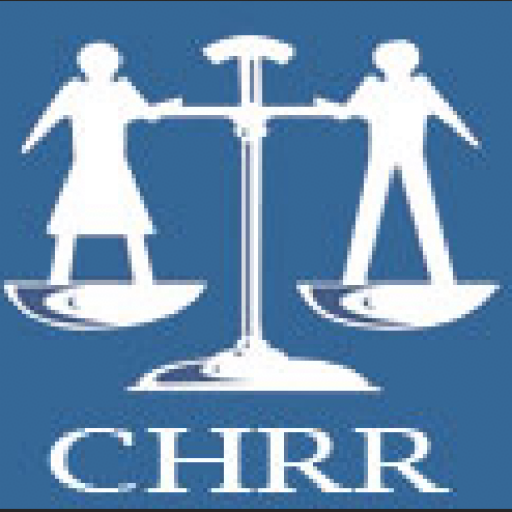
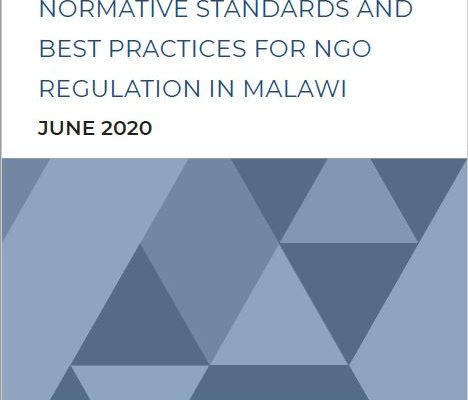
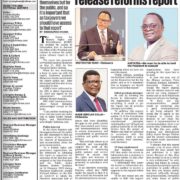
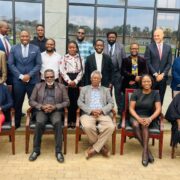
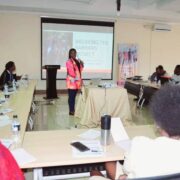
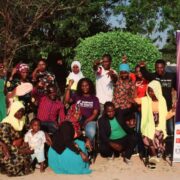

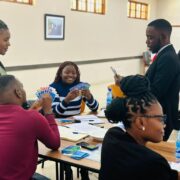
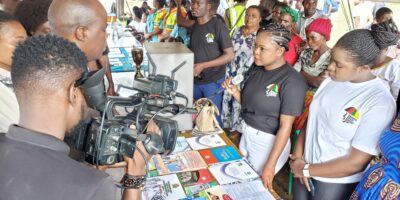
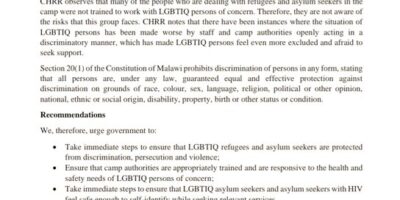
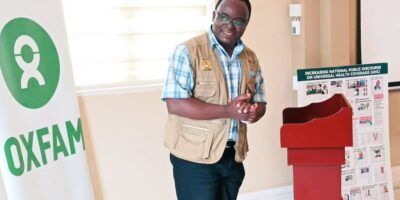

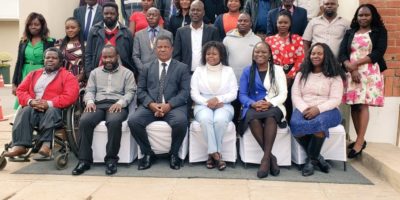
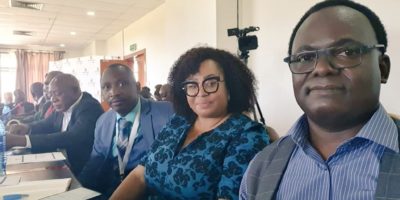
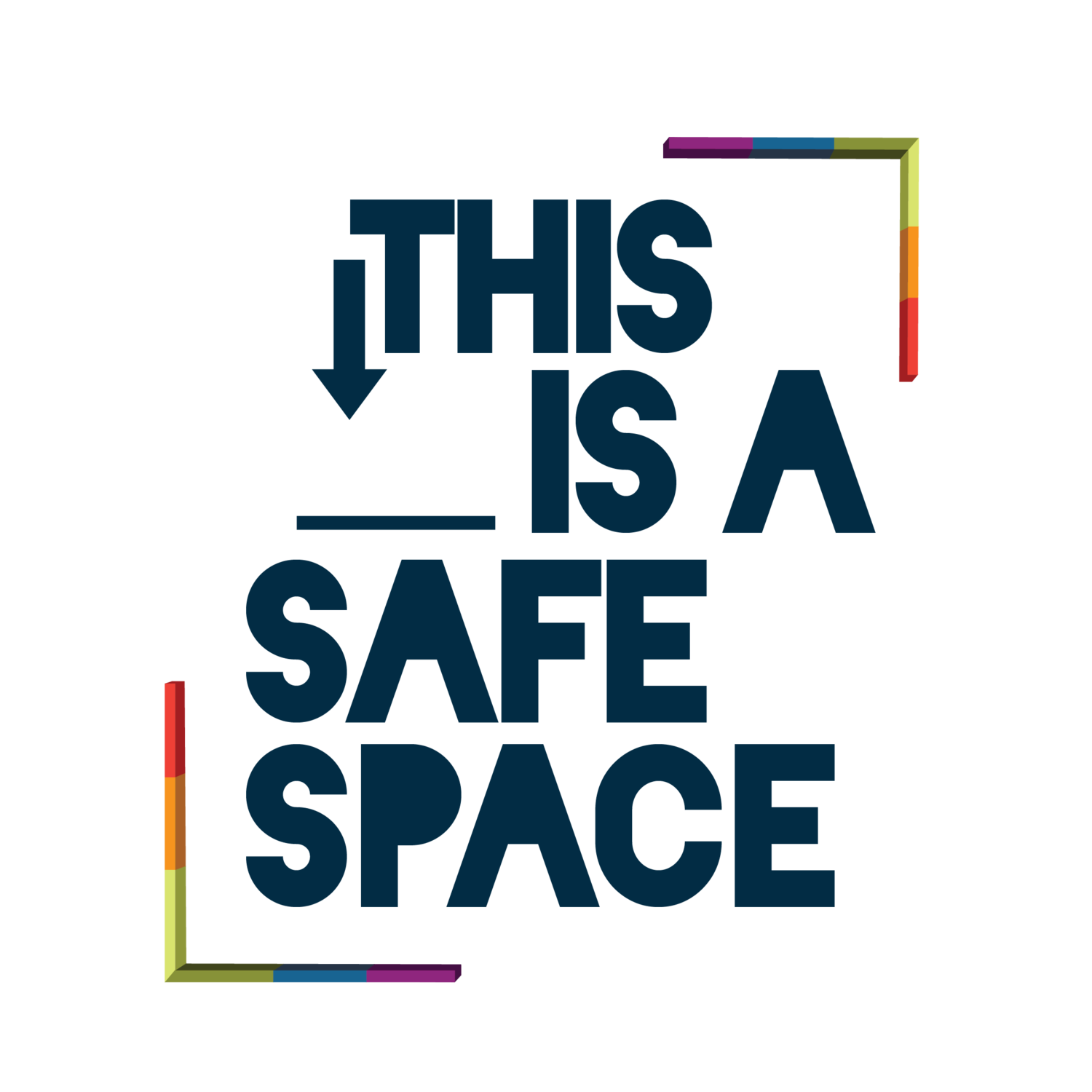
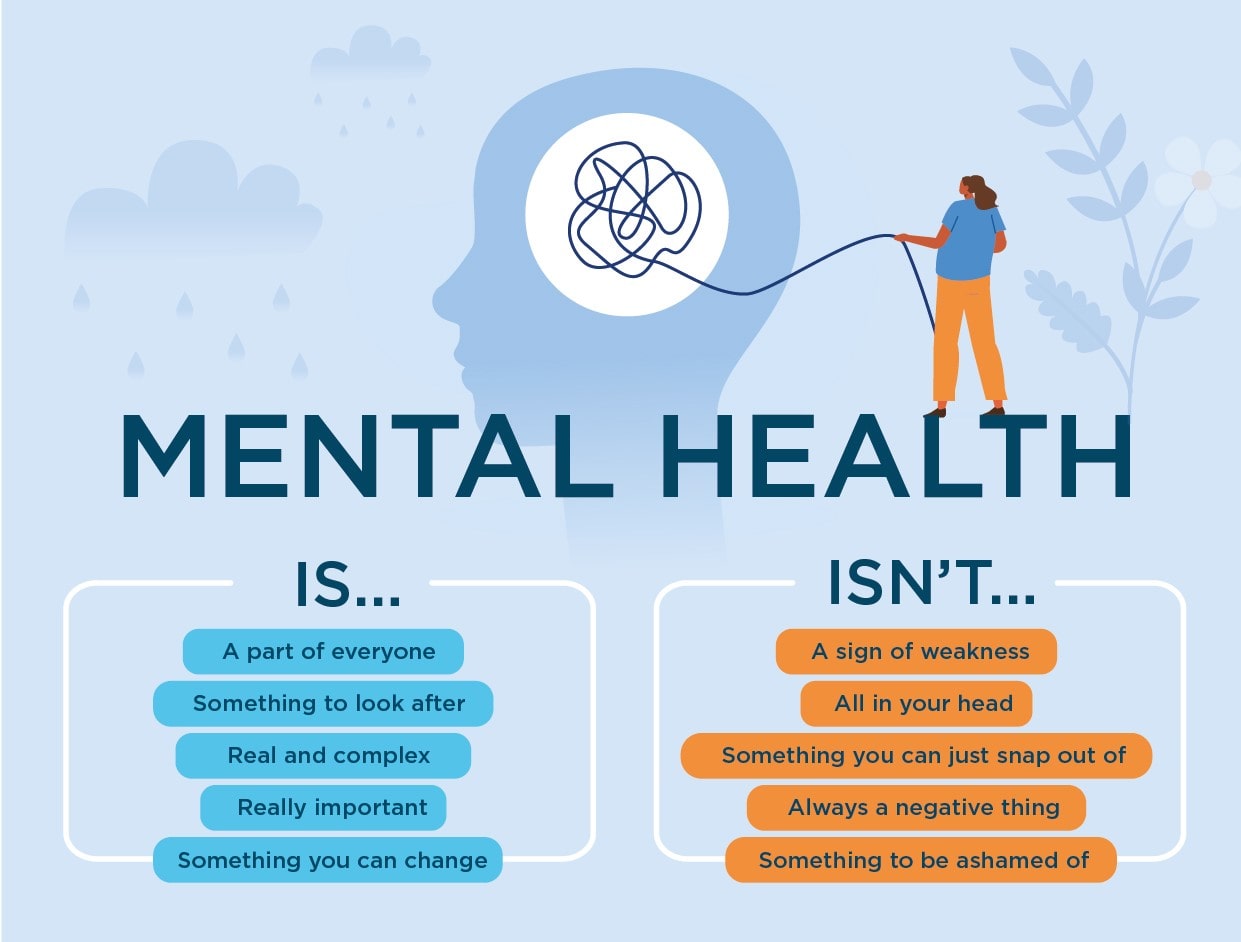
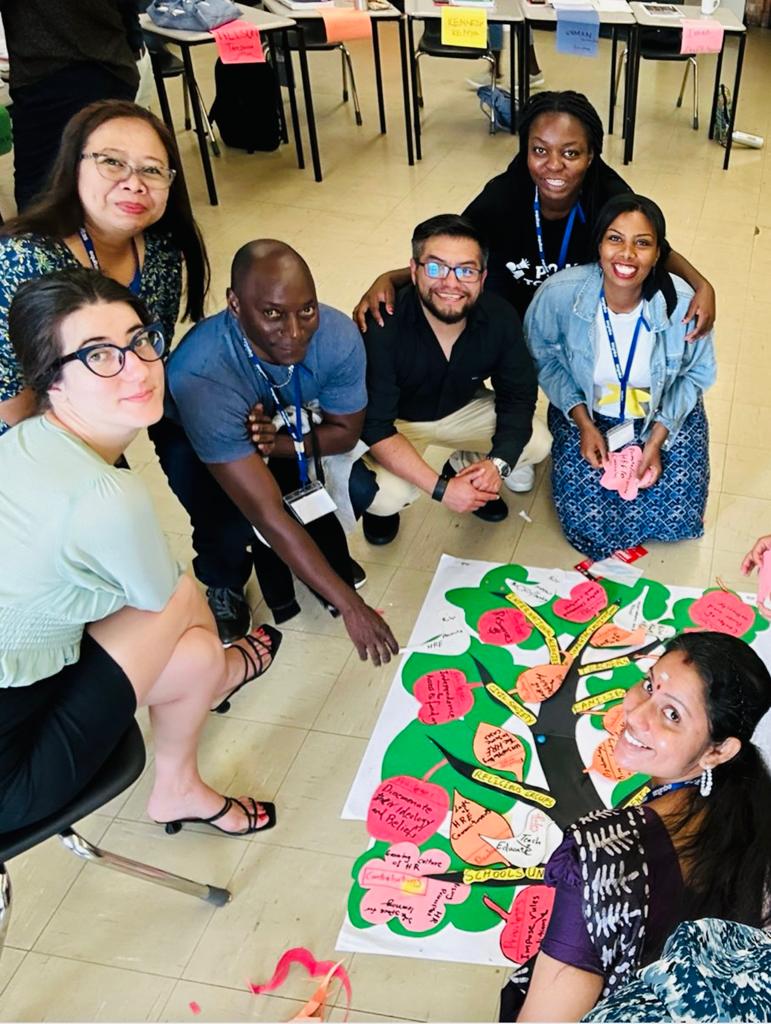
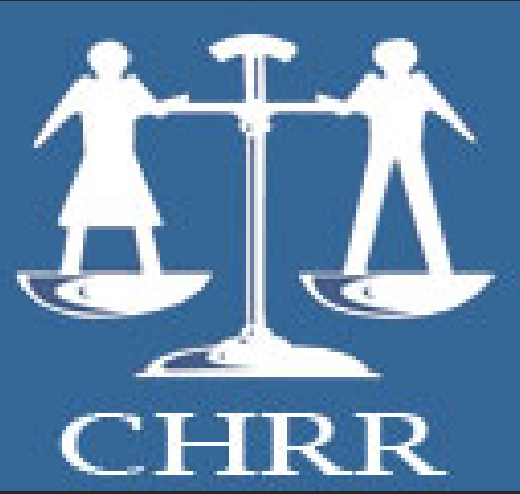

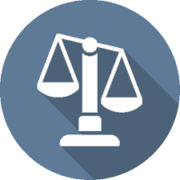
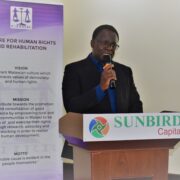
Comments